Financial Care for Life > Social Security Retirement Benefits
Social Security Retirement Benefits
- How do you qualify for retirement benefits?
- How much will your retirement benefit be?
- Retiring at full retirement age
- Retiring early will reduce your benefit
- Delaying retirement will increase your benefit
- Working may affect your retirement benefit
- Retirement benefits for qualified family members
- How do you apply for Social Security retirement benefits?
Social Security was originally intended to provide older Americans with continuing income after retirement. Today, though the scope of Social Security has been widened to include survivor, disability, and other benefits, retirement benefits are still the cornerstone of the program.
How do you qualify for retirement benefits?
When you work and pay Social Security taxes (FICA on some pay stubs), you earn Social Security credits. You can earn up to 4 credits each year. You generally need 40 credits (10 years of work) to be eligible for retirement benefits.
How much will your retirement benefit be?
Your retirement benefit is based on your average earnings over your working career. Higher lifetime earnings result in higher benefits, so if you have some years of no earnings or low earnings, your benefit amount may be lower than if you had worked steadily. Your age at the time you start receiving benefits also affects your benefit amount. Although you can retire early at age 62, the longer you wait to retire (up to age 70), the higher your retirement benefit.
You can find out more about future Social Security benefits by signing up for a my Social Security account at the Social Security website, ssa.gov, so that you can view your online Social Security Statement. Your statement contains a detailed record of your earnings, as well as estimates of retirement, survivor, and disability benefits. If you're not registered for an online account and are not yet receiving benefits, you'll receive a statement in the mail every year, starting at age 60. You can also use the Retirement Estimator calculator on the Social Security website, as well as other benefit calculators that can help you estimate disability and survivor benefits.
Retiring at full retirement age
Your full retirement age depends on the year in which you were born.
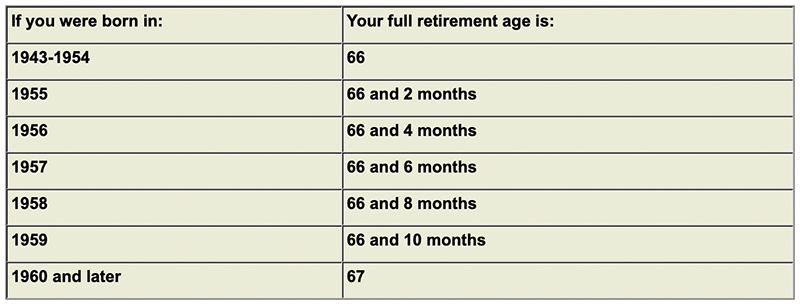
Tip: If you were born on January 1 of any year, refer to the previous year to determine your full retirement age.
If you retire at full retirement age, you'll receive an unreduced retirement benefit.
Retiring early will reduce your benefit
You can begin receiving Social Security benefits before your full retirement age, as early as age 62. However, if you retire early, your Social Security benefit will be less than if you wait until your full retirement age to begin receiving benefits. Your retirement benefit will be reduced by 5/9ths of 1 percent for every month between your retirement date and your full retirement age, up to 36 months, then by 5/12ths of 1 percent thereafter. For example, if your full retirement age is 67, you'll receive about 30 percent less if you retire at age 62 than if you wait until age 67 to retire. This reduction is permanent — you won't be eligible for a benefit increase once you reach full retirement age.
However, even though your monthly benefit will be less, you might receive the same or more total lifetime benefits as you would have had you waited until full retirement age to start collecting benefits. That's because even though you'll receive less per month, you might receive benefits over a longer period of time.
Delaying retirement will increase your benefit
For each month that you delay receiving Social Security retirement benefits past your full retirement age, your benefit will increase by a certain percentage. This percentage varies depending on your year of birth. For example, if you were born in 1943 or later, your benefit will increase 8 percent for each year that you delay receiving benefits, up until age 70. In addition, working past your full retirement age has another benefit: It allows you to add years of earnings to your Social Security record. As a result, you may receive a higher benefit when you do retire, especially if your earnings are higher than in previous years.
Working may affect your retirement benefit
You can work and still receive Social Security retirement benefits, but the income that you earn before you reach full retirement age may affect the amount of benefit that you receive. Here's how:
- If you're under full retirement age: $1 in benefits will be deducted for every $2 in earnings you have above the annual limit
- In the year you reach full retirement age: $1 in benefits will be deducted for every $3 you earn over the annual limit (a different limit applies here) until the month you reach full retirement age
Once you reach full retirement age, you can work and earn as much income as you want without reducing your Social Security retirement benefit. And keep in mind that if some of your benefits are withheld prior to your full retirement age, you'll generally receive a higher monthly benefit at full retirement age, because after retirement age the SSA recalculates your benefit every year and gives you credit for those withheld earnings
Retirement benefits for qualified family members
ven if your spouse has never worked outside your home or in a job covered by Social Security, he or she may be eligible for spousal benefits based on your Social Security earnings record. Other members of your family may also be eligible. Retirement benefits are generally paid to family members who relied on your income for financial support. If you're receiving retirement benefits, the members of your family who may be eligible for family benefits include:
- Your spouse age 62 or older, if married at least one year
- Your former spouse age 62 or older, if you were married at least 10 years
- Your spouse or former spouse at any age, if caring for your child who is under age 16 or disabled
- Your unmarried child under age 18
- Your unmarried child under age 19 if a full-time student (through grade 12) or over age 18 and disabled if disability began before age 22
Your eligible family members will receive a monthly benefit that is as much as 50 percent of your benefit. However, the amount that can be paid each month to a family is limited. The total benefit that your family can receive based on your earnings record is about 150 to 180 percent of your full retirement benefit amount. If the total family benefit exceeds this limit, each family member's benefit will be reduced proportionately. Your benefit won't be affected.
How do you apply for Social Security retirement benefits?
The SSA recommends that you apply three months before you want your benefits to start. To apply, fill out an application on the SSA website, call the SSA at (800) 772-1213, or make an appointment at your local SSA office.
Prepared by Broadridge Advisor Solutions
The information presented here is not specific to any individual's personal circumstances.
To the extent that this material concerns tax matters, it is not intended or written to be used, and cannot be used, by a taxpayer for the purpose of avoiding penalties that may be imposed by law. Each taxpayer should seek independent advice from a tax professional based on his or her individual circumstances.
These materials are provided for general information and educational purposes based upon publicly available information from sources believed to be reliable — we cannot assure the accuracy or completeness of these materials. The information in these materials may change at any time and without notice.


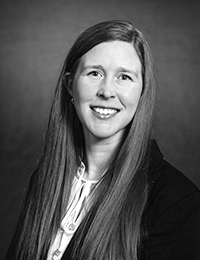 Maggie Slivinski
Maggie Slivinski Steve Corbo
Steve Corbo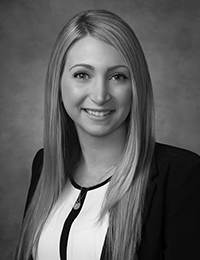 Alexandra Rao
Alexandra Rao Alexa Comey
Alexa Comey Gene Donato
Gene Donato Jack W. Kennedy III, CFP®, AAMS®
Jack W. Kennedy III, CFP®, AAMS® Henry (Hank) J. Schroeder, CFP®
Henry (Hank) J. Schroeder, CFP®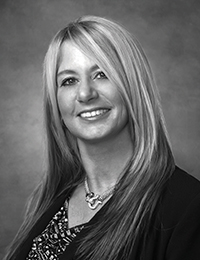 Diane Gallagher
Diane Gallagher Scott Bernstiel
Scott Bernstiel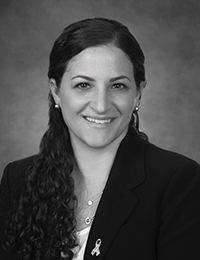 Chrissy Carpenter
Chrissy Carpenter David Strout
David Strout Keith R. Hering AAMS®, CRPS®, CIMA®
Keith R. Hering AAMS®, CRPS®, CIMA® 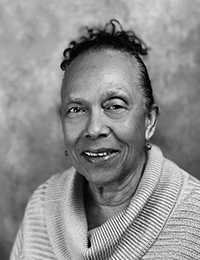 Marjorie Onuwa
Marjorie Onuwa